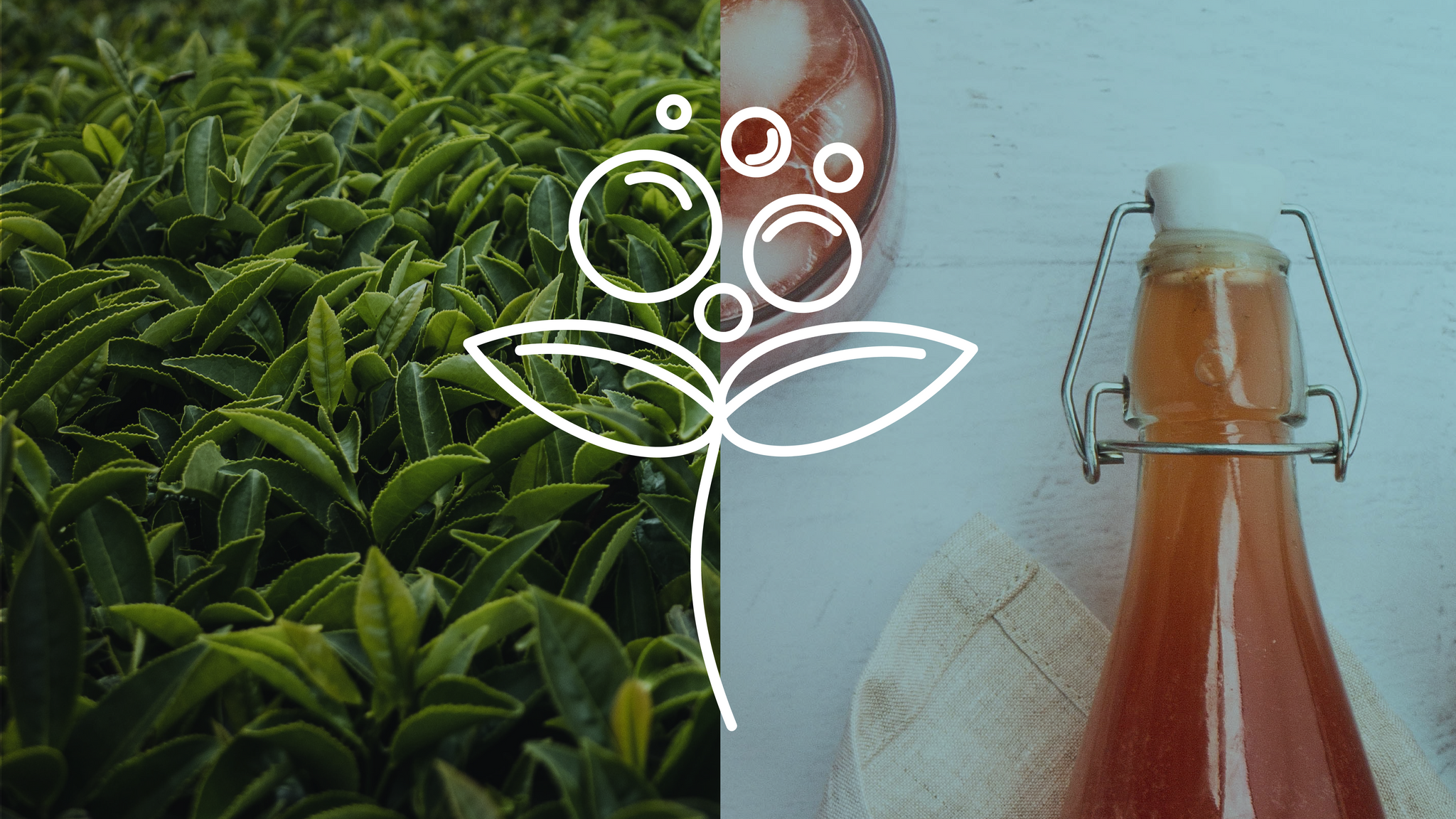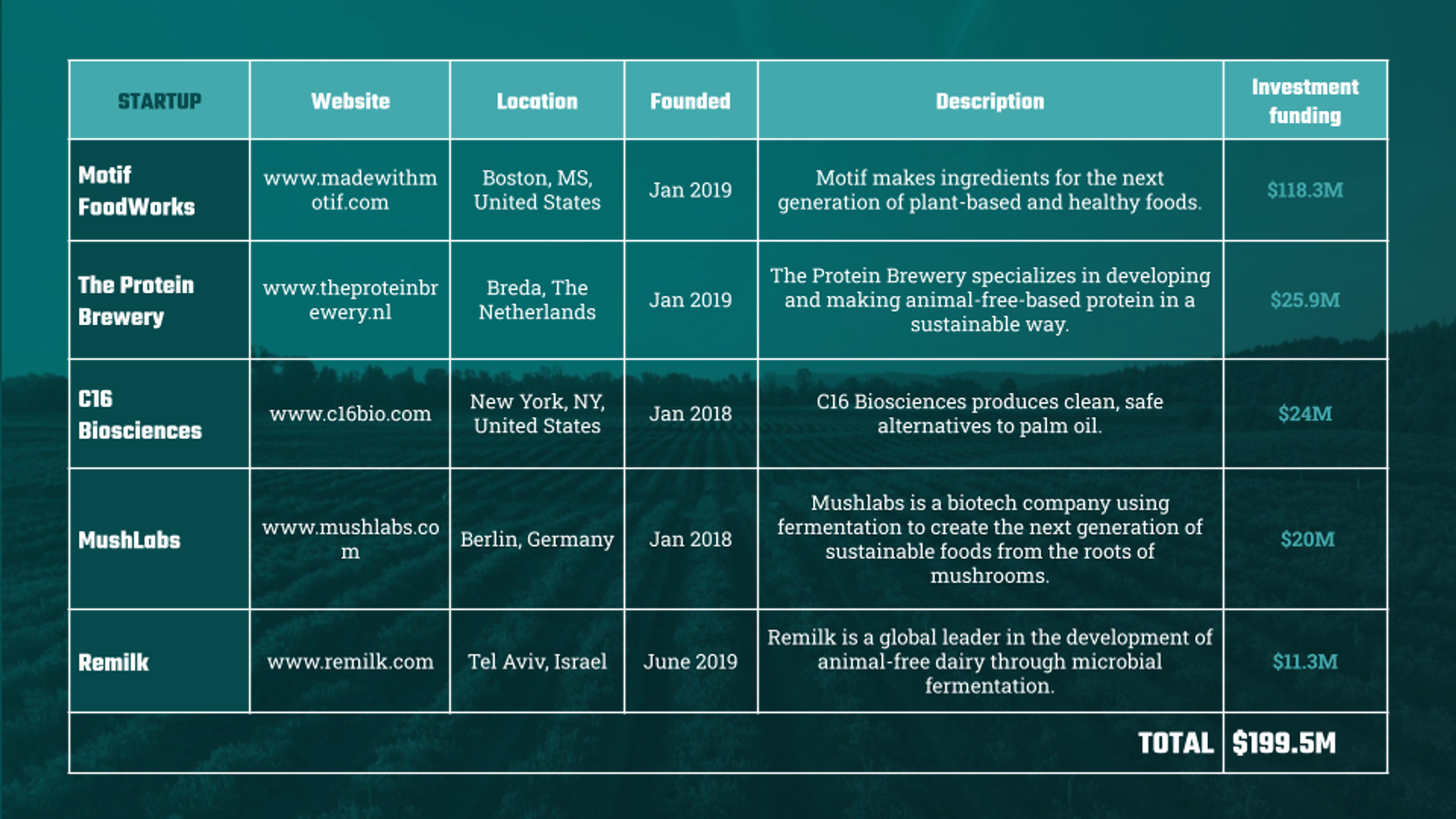Why you should be excited about Food Innovation Part 2
Anna Barlow
Published on

Part 2: Fermented Food & Beverage
Startup innovations in the food space in the 12 months since COVID-19 have exploded, with many startups focusing on the eCommerce and home delivery space. Many of these startups are designed to enable consumers confined to their homes to access their favourite restaurants or boutique grocery stores. Crunchbase.com reported 355 new startups linked to "FOOD" in the last 12 months since mid-April 2020. This has already attracted over US$420M in seed investment; the largest being Series B investment for German grocery delivery startup Gorillas at US$220M which was completed last month.
Food is emerging as one of the major industries being changed rapidly due to Covid. If you’re paying attention to new opportunities you cannot overlook food. Opportunities for innovation span the entire supply chain and cover all three innovation horizons:
- Horizon 1: solving today’s pains with technologies that unlock efficiency
- Horizon 2: developing adjacencies or solving challenges to existing products and services
- Horizon 3: completely new disruptive business models.
In March, we launched our Food Innovation industry facing workshops designed to identify the biggest problems, challenges and opportunities food businesses in Australia are facing. Attended by over 20 different organisations representing startups, SMEs, multinationals, government and research sectors, each workshop focused on different opportunity areas, beginning with Circular Economy, followed by Fermented Food & Beverage (which we'll discuss here), Food Tech Advances and finishing with Functional Foods. Those articles will follow over the coming months.
Fermented Food & Beverage
The global fermented food and beverage market is projected to grow at a CAGR of 4.3% during the 10 years from 2016-2026, with Asia Pacific being the fastest growing market. Demand is driven by consumers seeking healthier, more natural food and beverage options. With the onset of COVID-19, consumers are now also seeking ways to improve their immunity, whilst medical researchers are studying the interactions between gut health and immunity and in connection with the severity of COVID-19 infection.
For thousands of years fermented foods and beverages have been an integral part of the human diet. Beginning as far back as 10,000BC in North Africa with spontaneously fermented milk of camels, goats, sheep, and cattle, through to wine making in 6000 BC, humans have been consuming fermented foods. Initially, fermentation was primarily used to increase the holding and storing properties of food as Nature’s way of increasing shelf-life. Whilst traditional fermented foods and beverages such as kimchi, sauerkraut, sour dough, kefir and kombucha have become fashionable again, we are seeing biotechnology startups using fermentation to produce a plethora of healthy and sustainable foods. Examples include dairy proteins without the need of cows, meat protein alternatives that taste and look like they came from an animal, palm oil that doesn't involve a palm tree and plant based cheeses made from fermented hemp and imperfect vegetables (see Table below). The top 5 investments in fermentation startups founded since the start of 2018 have attracted almost US$200M in investment.
Table: Top 5 Fermentation Startups (by investment funding) received in the last 3 years

Our food innovation workshop on Fermented Food & Beverages revealed the pains, challenges as well as opportunities facing Australian businesses when entering the fermentation game.
Horizon 1
Production
Fermentation from primary produce still requires the product to be in a food safe condition prior to fermentation beginning. It doesn't matter if the feedstock is bruised or misshapen, but it needs to be clean and suitable for further processing. This rules out many sources of food waste as feedstock, and also means that the logistics chain is very time dependent. Process control also creates a headache - for example, kombucha manufacturers have been forced to undertake product recalls due process control issues giving rise to excess alcohol or in-bottle fermentation causing bottle explosion. Precision Fermentation and Zymoscope are two startups in UK/Europe attempting to help solve these problems with IoT monitoring solutions.
Consumer-level
As more fermented products claiming to “support digestive health”, “increase your natural immunity” or similar health claims appear on the Australian and New Zealand market consumers are looking to understand which product claims to believe to support their purchasing decisions. Australian Food & Beverage companies are required to work within the FSANZ Food Standards Code where the pace of regulatory changes is very slow. Risk appetite with large companies is low to make on-pack or product health claims due to the expense and time involved in producing notification dossiers to validate these claims; whereas smaller companies are more willing to take risks and rely on digital marketing and social media influencers to communicate potential product benefits. This difference in risk appetite causes challenges with innovation teams in large companies.
Horizon 2
The BIG challenge here comes in the scale-up manufacture of new fermented foods and beverages. Both large and small manufacturers highlighted the need for different facilities for handling live cultures in their products. For larger manufacturers this meant large investment to reach even a moderate scale, due to the food safety requirements: how to keep fermentation products like kombucha from contaminating standard soft drink production without large investment in a separate facility or long cleaning runs? For smaller entities it is finding a food safe way to scale from bench top to small production runs.
Some smaller but also important challenges surround some of the newer fermented products mentioned above such as meat replacements or dairy proteins made from biofermentation. Some State Governments have a moratorium on GMO which could restrict manufacture of ‘vat-produced’ proteins within their state. With consumers the question of “where does this actually come from?” will need to be answered in a way that provides consumers with confidence they are eating something that is safe.
Horizon 3
With challenges come disruptive innovation opportunities. Within the pharmaceutical biotech industry, startup ArrantBio are providing contract manufacturing live biotherapy products to companies - what would it take to create this for food in Australia? Australia has a wide range of primary products that could be utilised for either fermentation feedstock, as a way to use up waste from primary or secondary production, but what it doesn’t yet have is high-tech scale food-safe manufacturing for the wide range of new possibilities available via fermentation. Startups producing dairy and meat-alternative proteins via fermentation are attractive to investors, including Venture arms of global ingredient companies. Archer Daniels Midland (ADM) has invested in 5 alternative protein startups in the last 3 years alone, including Future Meat Technologies; Perfect Day dairy protein and Geltor animal-free gelatin and collagen. All three utilise fermentation technology to produce their proteins.
Wrap Up
Fermentation as a source of new food and beverages is an area rich for disruptive innovation and Australian businesses are well placed to take up this opportunity. Australia has a history of fermentation through brewing and our most famous fermented food is a byproduct of the fermentation industry - Vegemite. To maximise the potential for success will take collaboration, and a willingness to take small risks to start.
If you are a startup, SME or corporate interested in learning more about our FoodTech Innovation programme please reach out to Anna Barlow, Partner - Food Innovation via email: anna@startupbootcamp.com.au
- 1 Source: Fermented Food & Beverages Market Report - Mordor Intelligence
- 2 Source: Medical News Today, “Gut bacteria can help rebuild the immune system” linking to Nature.com
- 3 Source: “Gut microbiota composition reflects disease severity and dysfunctional immune responses in patients with COVID-19” BMJ Journals - GUT
- 4 Source: Crunchbase.com
